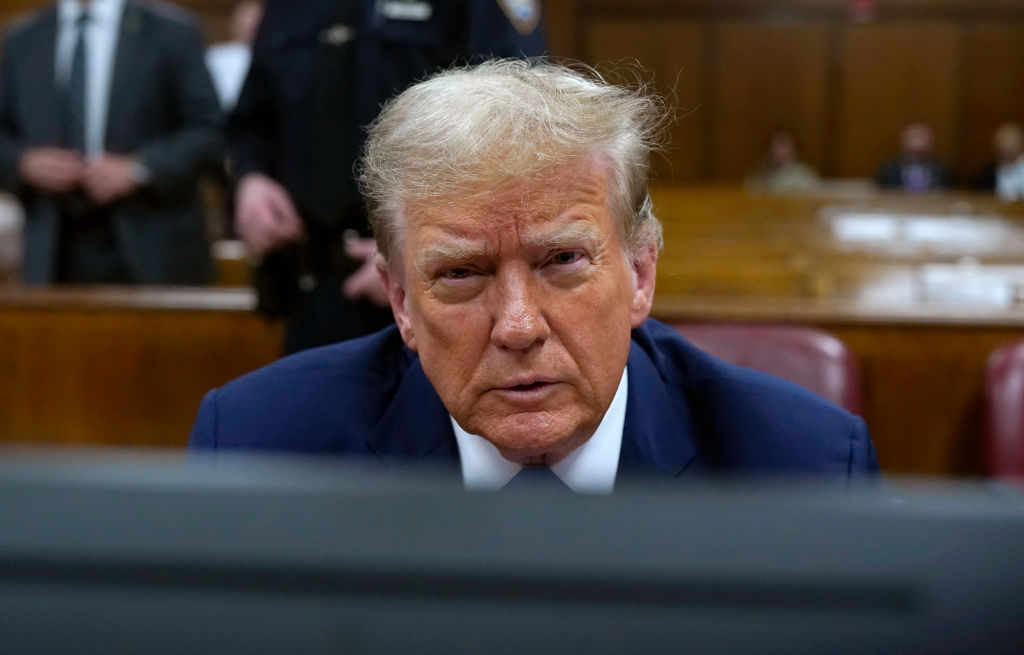

Juror Dismissed in Trump Hush Money Trial as Prosecutors Ask for Trump to Face Contempt
NEW YORK (AP) — Prosecutors in the hush money trial of Donald Trump asked Thursday for the former president to be held in contempt and fined because of seven social media posts that they said violated a judge’s gag order barring him from attacking witnesses.
[time-brightcove not-tgx=”true”]
Meanwhile, the jury selection process took a step back when one of the seven jurors who had been picked, an oncology nurse, was dismissed after telling the court that she had become concerned about her ability to be impartial in the first-ever criminal case against a former president.
Although the jurors’ names are being kept confidential, the woman said her family members and friends questioned her about being a juror.
The dismissal leaves six on the panel so far, including a software engineer, an information technology professional, a sales professional, an English teacher and two lawyers.
Twelve more people must still be sworn in, with the judge saying he anticipated opening statements in the landmark case to be given as early as next week.
After dismissing the juror, Judge Juan Merchan ordered journalists in court not to report prospective jurors’ answers to questions about their current and former employers.
Read More: What Judge Merchan Knows About Trump
He said that “as evidenced by what’s happened already, it’s become a problem.” The answers also will be redacted from court transcripts.
Prosecutors had asked that the employer inquiries be axed from the jury questionnaire. Defense lawyer Todd Blanche responded that “depriving us of the information because of what the press is doing isn’t the answer.”
The judge said he agreed “that that information is necessary.”
The social media posts at issue were made by Trump since Monday, when prosecutors first sought a $3,000 fine for Trump for three Truth Social posts they said violated the order.
Prosecutor Christopher Conroy said several of the posts involved an article that referred to former Trump lawyer Michael Cohen as a “serial perjurer,” and one from Wednesday that repeated a claim by a Fox News host that liberal activists were lying to get on the jury.
Trump lawyer Emil Bove said Cohen “has been attacking President Trump in public statements,” and Trump was just replying.
The judge had already scheduled a hearing for next week on the prosecution’s request for contempt sanctions over Trump’s posts.
The seating of the Manhattan jury — whenever it comes — will be a seminal moment in the case, setting the stage for a trial that will place the former president’s legal jeopardy at the heart of the campaign against Democrat Joe Biden and feature potentially unflattering testimony about Trump’s private life in the years before he became president.
The process of picking a jury is a critical phase of any criminal trial but especially so when the defendant is a former president and the presumptive Republican nominee.
Prospective jurors have been grilled on their social media posts, personal lives and political views as the lawyers and judge search for biases that would prevent them from being impartial.
Inside the court, there’s broad acknowledgment of the futility in trying to find jurors without knowledge of Trump, with a prosecutor this week saying that lawyers were not looking for people who had been “living under a rock for the past eight years.”
To that end, at least some of the jurors selected acknowledged having their own opinions about Trump.
“I find him fascinating and mysterious,” one juror selected for the case, an IT professional, said under questioning. “He walks into a room and he sets people off, one way or the other. I find that really interesting. ‘Really? This one guy could do all of this? Wow.’ That’s what I think.”
The process has moved swifter than expected, prompting Trump when leaving the courthouse on Tuesday to complain to reporters that the judge, Juan Merchan, was “rushing” the trial.
The case centers on a $130,000 payment that Trump’s lawyer and personal fixer, Michael Cohen, made shortly before the 2016 election to porn actor Stormy Daniels to prevent her claims of a sexual encounter with Trump from becoming public in the race’s final days.
Prosecutors say Trump obscured the true nature of the payments in internal records when his company reimbursed Cohen, who pleaded guilty to federal charges in 2018 and is expected to be a star witness for the prosecution.
Trump has denied having a sexual encounter with Daniels, and his lawyers argue the payments to Cohen were legitimate legal expenses.
Trump faces 34 felony counts of falsifying business records. He could face up to four years in prison if convicted, though it’s not clear that the judge would opt to put him behind bars. Trump would almost certainly appeal any conviction.
The hush money case is one of four criminal prosecutions Trump is confronting as he vies to reclaim the White House, but it’s possible that it will be the sole case to reach trial before November’s presidential election. Appeals and other legal wrangling have caused delays in cases charging Trump with plotting to overturn the 2020 election results and with illegally hoarding classified documents.
___
Tucker reported from Washington.
Get the latest work and career updates delivered straight to your inbox by subscribing to our magazine category today. Stay informed and ahead of the game with Subscrb.
The content on this website has been curated from various sources and is for informational purposes only. We do not claim ownership of any of the content posted here, all rights belong to their respective authors. While we make every effort to ensure that the information is accurate and up-to-date, we cannot guarantee its completeness or accuracy. Any opinions or views expressed on this website are solely those of the original authors and do not necessarily represent our own. We do not endorse or take responsibility for the content or actions of external websites or individuals linked from this website. Any reliance on the information provided on this website is done at your own risk. Please note that this article was originally seen on the source website TIME, by the author MICHAEL R. SISAK, JENNIFER PELTZ, ERIC TUCKER and JAKE OFFENHARTZ / AP
-
SALE!



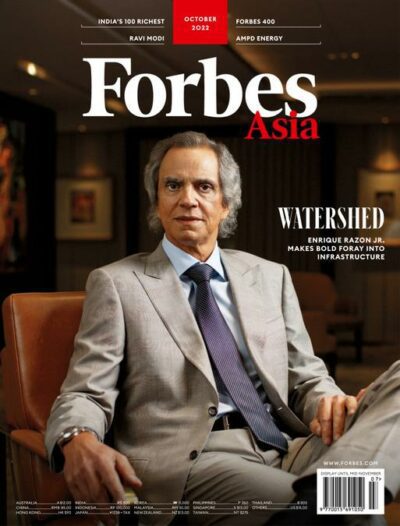
Forbes Asia Magazine Subscription
From: RM220 / year -
SALE!


Fortune Magazine Subscription
From: RM118 / year -
OUT OF STOCK

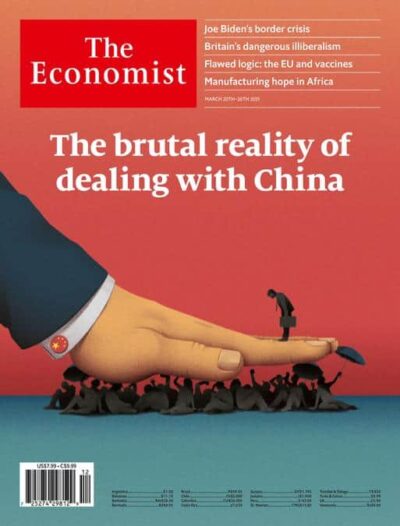

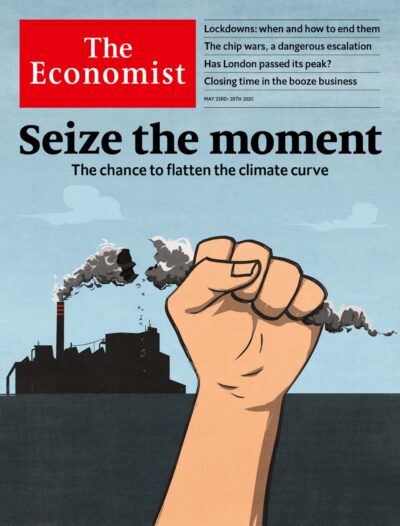
The Economist Magazine Subscription
From: RM1530 / year -

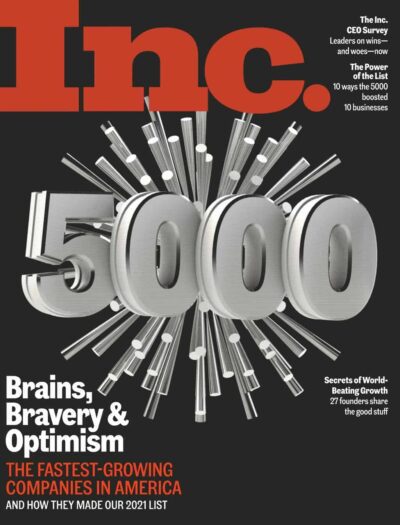
Inc. Magazine Magazine Subscription
From: RM22 / year -


Consumer Reports Magazine Subscription
From: RM22 / year -

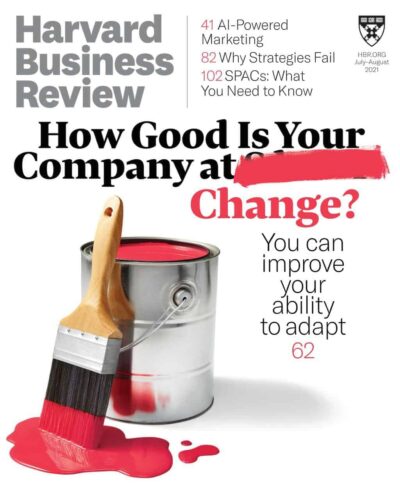
Harvard Business Review Magazine Subscription
From: RM83 / month -

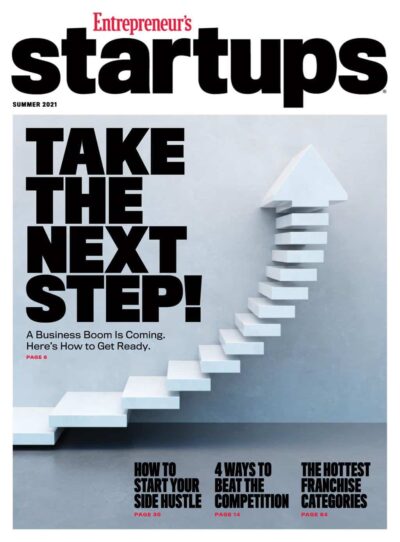
Entrepreneur’s Startups Magazine Subscription
From: RM4 / year -

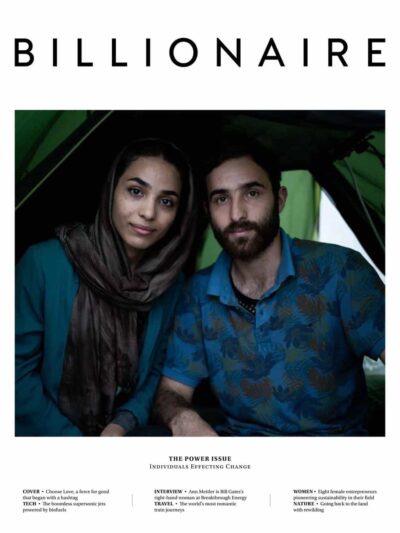
BILLIONAIRE Magazine Subscription
From: RM131 / year



